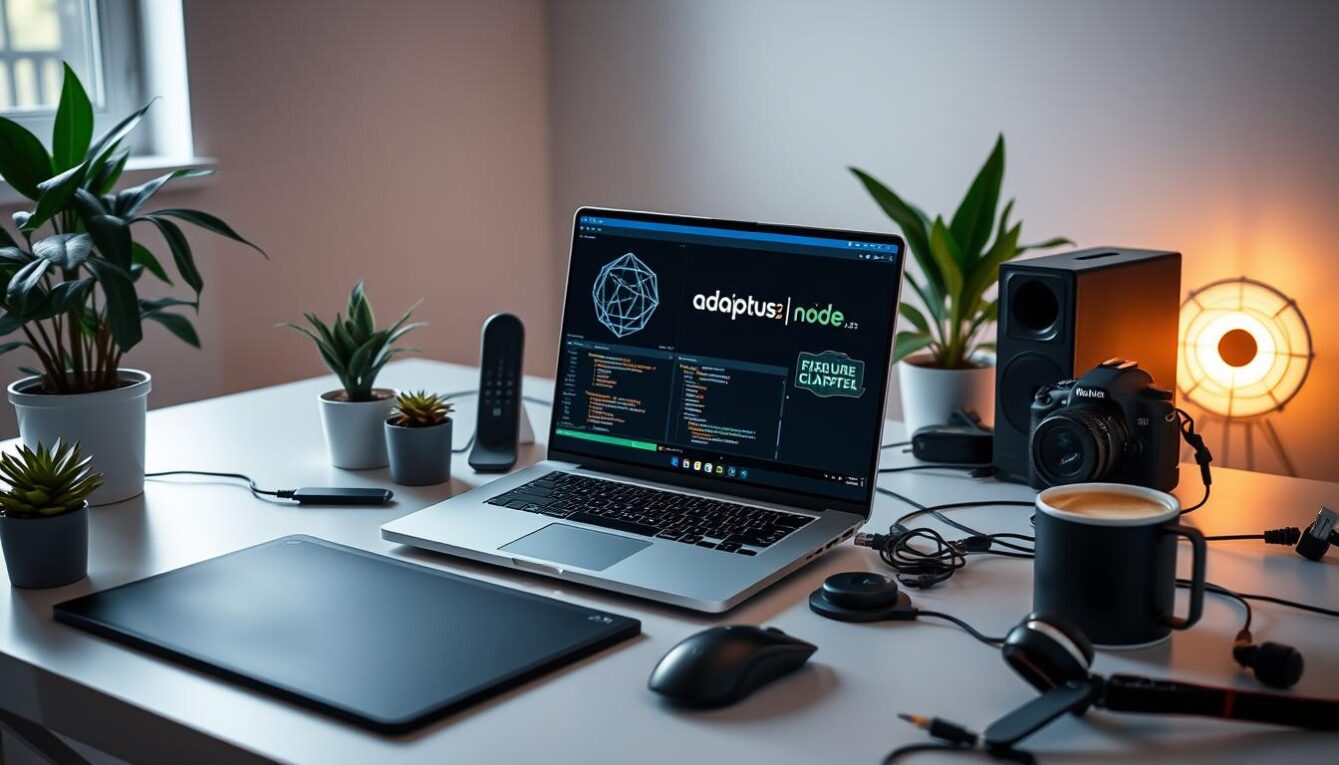How tech startups are leading the way in creating sustainable business models
Introduction
The world faces significant environmental and social challenges, including climate change, social inequality, and resource depletion. Many businesses are adopting sustainable practices to mitigate their impact on the planet and society. Among these businesses, tech startups are emerging as leaders in sustainability, championing environmental and social causes through innovative business models.
In this article, we will explore how tech startups create sustainable business models and their impact on the world. We will discuss the benefits of sustainable business models, their challenges, and how tech startups are addressing them. We will highlight prominent tech startups championing environmental and social causes through their business models.
Benefits of Sustainable Business Models
Sustainable business models have numerous benefits, both for the environment and society. These benefits include:
– Reduced carbon footprint: Sustainable business models prioritize environmental sustainability, leading to reduced greenhouse gas emissions and carbon footprints. This helps mitigate climate change and its harmful effects on the planet.
– Social responsibility: Sustainable business models prioritize social responsibility, promoting ethical and fair practices, and addressing social inequality. This creates a positive impact on communities and society as a whole.
– Improved brand image: Companies that adopt sustainable business models are viewed more favorably by consumers, investors, and stakeholders, leading to improved brand image and reputation.
– Cost savings: Sustainable business models often lead to cost savings in the long run, as they prioritize efficiency and resource optimization.
Challenges of Sustainable Business Models
Despite the numerous benefits of sustainable business models, they face challenges in their adoption and implementation. These challenges include:
– Lack of financial resources: Sustainable business models often require a significant upfront investment, which can challenge startups and small businesses.
– Limited awareness and education: Many businesses are unaware of the benefits of sustainable business models or lack the necessary knowledge to implement them effectively.
– Resistance to change: Some businesses may resist change and prefer to continue with traditional business models, despite their negative impact on the environment and society.
How Tech Startups are Addressing These Challenges
Tech startups are uniquely positioned to address these challenges and pioneer sustainable business models. They have access to innovative technologies, financing options, and a culture that values disruption and change. Some ways tech startups are addressing these challenges include:
– Access to financing: Tech startups can access alternative financing options, such as crowdfunding, impact investing, and green bonds, to raise capital for sustainable business models.
– Innovative technologies: Tech startups can leverage innovative technologies, such as blockchain, artificial intelligence, and the Internet of things, to create sustainable and efficient business models.
– Collaboration and partnerships: Tech startups can collaborate and form partnerships with other businesses, governments, academia, and NGOs to share knowledge, resources, and expertise in creating sustainable business models.
Prominent Tech Startups Championing Environmental and Social Causes
Several tech startups are leading in creating sustainable business models prioritizing environmental and social causes. Here are some examples:
– Tesla: Tesla is a leading electric vehicle manufacturer that aims to reduce carbon emissions and dependence on fossil fuels.
– Fairphone: Fairphone is a sustainable smartphone manufacturer prioritizing ethical and responsible sourcing of materials and fair labor practices.
– Too Good To Go: Too Good To Go is a food waste reduction platform that connects consumers with unsold food from restaurants and grocery stores, reducing food waste and promoting sustainability.
– Patagonia: Patagonia is an outdoor clothing and gear company that promotes environmental sustainability and responsible consumption through its business model.
FAQs
Q: What are sustainable business models?
A: Sustainable business models prioritize environmental, social, and economic sustainability, promoting practices that minimize the negative impact on the planet and society.
Q: How are tech startups leading the way in sustainability?
A: Tech startups leverage innovative technologies, alternative financing options, and collaboration to create sustainable business models prioritizing environmental and social causes.
Q: What are the benefits of sustainable business models?
A: The benefits of sustainable business models include reduced carbon footprint, social responsibility, improved brand image, and cost savings.
Conclusion
Tech startups are at the forefront of creating sustainable business models prioritizing environmental and social causes. They are using innovative technologies, alternative financing options, and collaboration to overcome sustainability challenges and positively impact the world. By adopting sustainable business models, businesses can improve their brand image, reduce their carbon footprint, and promote social responsibility, leading to a more sustainable and equitable future for all.










